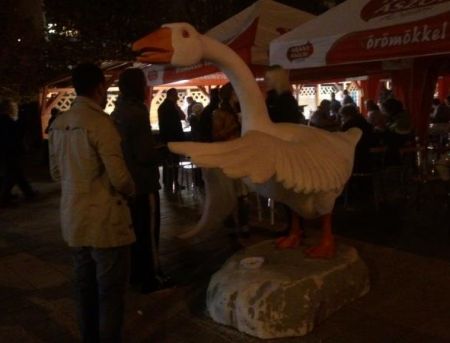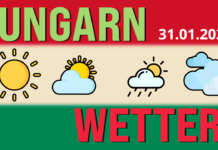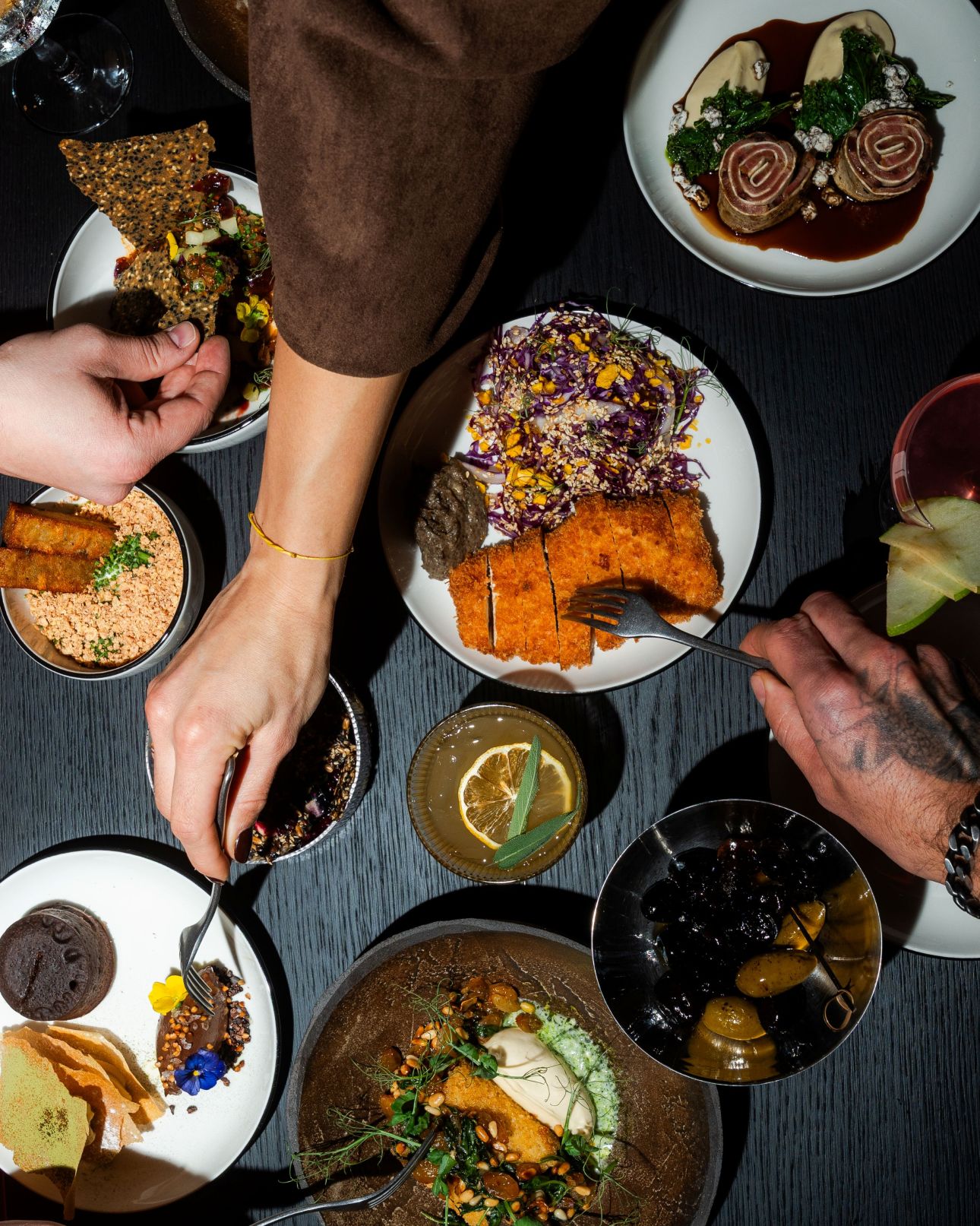Der 11. November ist St. Martins Tag. St. Martin zeichnete sich unter den römischen Soldaten nicht nur durch seine Tapferkeit, sondern auch durch seine Güte und sein Mitleid mit kranken und armen Menschen aus. St. Martin, einer der berühmtesten Heiligen der westlichen Kirche, wurde vor 1700 Jahren in Ungarn im damaligen Savaria, heute Szombathely, geboren. er ist der Patron von vielen Dingen. unter anderem von Gänsen.
Es gibt soviele Traditionen über die Zeit an diesem Tag… Eine davon ist, daß man an diesem Tag Wein und Gänsebraten isst. Übrigens sollte man an diesem Tag weder das Haus putzen noch Wäsche waschen…
Die gastronomische Tradition hat sich bis heute fortgesetzt und in vielen Restaurants gibt es daher auch die Gänsetage rund um den St. Martins Tag.
Übrigens wenn St. Martin auf einem weissen Pferd erscheint wird es winterlich kalt und es gibt viel Schnee. Kommt er auf einem braunen Pferd wird es schmuddelig im Winter.
Read our article in English:
Here come St. Martin’s day, let see how Hungarians Celebrate
On November 11th, there is St. Martin’s Day. It is a feast for a Roman soldier who was born in Hungary, became a Christian missionary and was eventually made Bishop of Tours. Legends say when he heard the news about his bishop’s inauguration he hides in a goose shed, but the animals gaggling to tell people where they can find Martin.
He is a patron of many things, like a saint of soldiers, tailor, beggars, winemakers, and geese.
According to the Hungarian folklore, there are so many traditions on that day. People think, if you eat and drink good wine and food on St. Martin’s day, you will be healthier and your fortune grow.
On this day, people cook, and eat the goose they had been fed up. And you should not clean the house, wash the dishes, or laundry your clothes.
But not just the gastronomic traditions are interesting. There are many proverbs left. Like: “If you don’t eat goose on Martin’s Day you’ll starve all year.”
But there is some about the weather because in the old days, St. Martin’s day was the last day before winter.
In this time people looking the weather for snow and cold.
They said: “If Martin arrives on a white horse expect a mild winter. If Martin arrives on a brown horse a harsh winter can be expected.”
Nowadays, restaurants make especially plan to this day. Customers can try food made of goose and drink delicious wine.
While in the cities, interesting programs and traditional events await visitors.
Ungarisch:
Érkezik Szent-Márton napja, lássuk hogy ünnepelnek a magyarok!
November 11-én ünnepeljük Szent Márton-napját. Ez az ünnep egy Magyarországon született római katona ünnepe, aki a kereszténységet választotta vallásául és még életében püspökké választották. A legendák szerint amikor hírét vette kinevezésének, egy liba ólban bújt el az érte kiérkezők elől, ám az állatok hangos gágogásukkal elárulták hol van.
Szent Márton többek között a katonák, a szabók, a koldusok, a borkészítők és a libák védőszentje.
Rengeteg népszokás maradt fent ezzel a nappal kapcsolatban. Az emberek úgy tartják, ha ezen a napon jó borokat iszunk és finom ételeket eszünk, akkor egészségesebbek leszünk és anyagilag is jobb lesz az elkövetkező év. Ezen a napon leginkább a libából készült ételeket fogyasztják, ezzel biztosítva a jó szerencsét. De emellett úgy tartották, hogy Márton napján nem szabad takarítani, mosni, vagy épp teregetni a ruhát, mert az balszerencsét hoz a házra.
De nem csak a gasztronomiai szokások az érdekesek. Rengeteg közmondás maradt fent olyanok, mint például: “ Ha nem eszel libát Márton napon, egész évben éhezni fogsz.“ Valamint ott vannak az időjárással kapcsolatos jövendőlések is, amikor is Máron-napja a tél előtti utolsó napnak számított. Ilyenkor az emberek havat és hideget figyelve állapították meg az elkövetkező időjárásra vonatkozó jóslataikat. Mint például: “ Ha Máron fehér lovon érkezik, gyenge tél várható. Míg ha barna lovon baktat, kemény tél lesz.“
Manapság, az éttermek különleges ételekkel és finom borokkal készülnek ezekre a napokra, míg a városokban érdekes programok és hagyományörző események várják a látogatókat.














